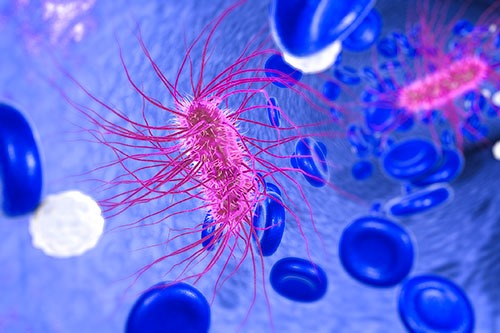RESIDENTS in several Harare suburbs, including Budiriro, Mbare, and Greendale, have expressed concern over the possibility of contracting cholera after water testing results revealed Escherichia coli (E. coli) contamination in some boreholes.
These results, circulated on social media, have caused anxiety among residents who are already grappling with the ongoing national cholera outbreak.
E. coli (short for Escherichia coli) is a type of bacteria that lives in the intestines of humans and animals.
Its contamination in boreholes can occur when fecal matter from humans or animals enters water supply.
This happens through improper sanitation practices, such as inadequate sewage treatment, or through the use of contaminated water for irrigation.
“We heard about the contamination, but we just believe that government will intervene. Since the bacteria is said to have spread, we hope immediate action will be taken. At the moment, we move to where we can find clean water and I urge people to boil water before use, said a Harare resident.
“We thought that cholera was past us, but now we are in constant fear and have to be careful where we fetch water for household purposes. We even engaged engineers from the local authority to assist,” noted another.
Presidential Borehole Drilling Scheme Director, Mr. Paul Tungwarara has since advised residents to follow proper procedures when drilling boreholes.
“People should not just drill boreholes haphazardly so as to avoid contamination. Proper procedures should be followed, that is consultation with local authorities and ZINWA. In case it has been found that a borehole is contaminated ,it should be chlorified to kill the bacteria. Above all, before a borehole is sunk, it should be noted that it is properly sited considering the depth and avoidance of sewer pipes,” he said.
Zimbabwe has been battling a nationwide cholera outbreak with 26 971 suspected cases having been recorded to date, prompting the ongoing national vaccination campaign.
Source Zbcnews










